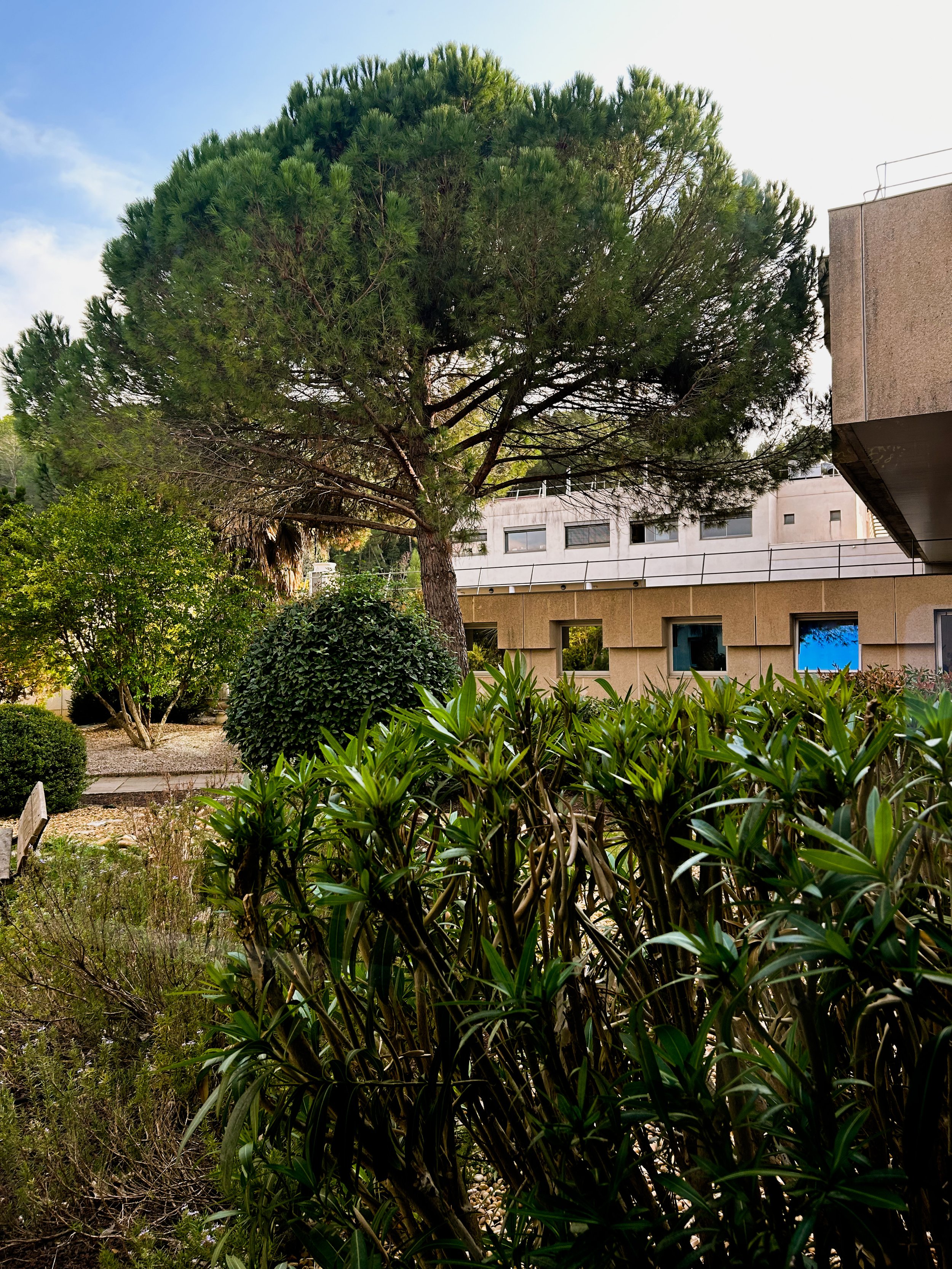The Future of One Health - When Plants, People and Insect Collaborate
« What are the integrative, sustainable, One Health-based solutions for the preparedness, response & monitoring of epidemics, and how to implement and adapt them according to the local contexts and key players? »
A science-based open innovation project to imagine a better world through collaboration between plants, people and insects.
In June this year, Julien represented Haenke in The Future of One Health, an open innovation incubator spearheaded by IRD - one of the most important research institutions in France - in collaboration with SoScience. Together with scientists from Haiti and Burkina Faso, they came up with an idea that could tackle the spread of vector-borne diseases such as malaria, dengue or yellow fever through the use of essential oils made of plants endemic to each of the regions.
“It's only a matter of time before dengue comes to Europe”, says David Carrasco, a behavioural ecologist and expert in vector-borne diseases at the IRD (French National Research Institute for Sustainable Development). As temperatures are rising as a consequence of climate change, mosquito populations are exploding around the globe. A few isolated cases were already registered in Europe but tropical regions in Central America or West Africa are still disproportionately more affected by their appearance.
According to the World Health Organisation, vector-borne diseases represent 17% of all infectious diseases globally, causing more than 700 000 deaths every year. They are often transmitted by mosquitoes spreading the bacteria, virus or parasites that causes those diseases.
So, this week we travelled to the south of France in order to develop this further while getting the support of some of the most experienced scientific brains and minds from IRD - some of them currently working in places like Benin or New Caledonia.
The goal? To develop an innovative plant-based solution that could treat infected mosquitos while blocking the transmission of vector-borne diseases to humans.
Julien presenting the collaboration with scientists from Haiti and Burkina Faso where vector-borne diseases are most widespread.
To tackle the spread of mosquitoes, synthetics mosquitocide is often applied on a large scale. But long-term use of such preparations only encourages resistance in mosquito populations, besides being extremely harmful to human health, local agriculture, and the environment as a whole. Natural substances, and more specifically, essential oils (EOs), could become an environment-friendly alternative to synthetic mosquitocide, presenting numerous advantages.
Amongst other, they are:
made of renewable resources,
naturally biodegradable,
composed of complex mixtures of chemically diverse compounds, and therefore are less prone to bug resistance,
safer for human health, local agriculture, and the environment,
and therefore are compatible with the OneHealth approach.
Another set of questions remains to be answered, particularly in terms of methods used to advance this solution. For instance, how can AI help us sift through thousands of scientific articles and traditional knowledge transcripts? Can nature-based solutions or concepts like LO-TEK and biodesign play a role in all this?
If you think you may have an answer to this, do hit us up.
We'll be back with more news soon. Watch this space!
Institut de recherche pour le développement in Montpellier, France.



